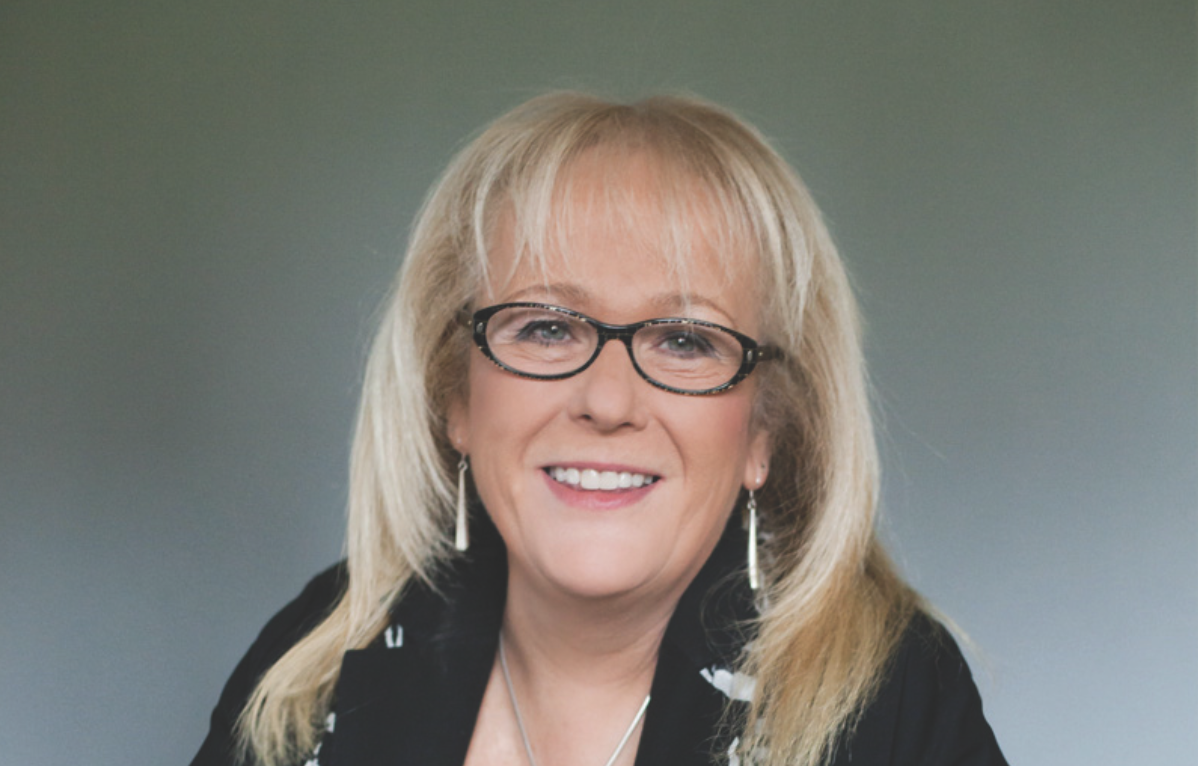In complex, unbounded systems, every interaction is meaningful
Under lockdown, boundaries have at once become both greater and fewer. The physical boundaries between us have increased to an extent that would have been presented as science fiction, had anyone suggested it in the autumn of 2019. How we miss a chat by the coffee machine; a creative lunch; a drink with partners in the pub.
Yet many visual and social boundaries have become blurred, or have disappeared altogether. The watersheds between work and home have disintegrated. Suddenly, we have met – probably by accident by way of Zoom or Teams – our suppliers’ children, our clients’ dogs, and even shared the excitement of our colleagues’ deliveries, just as they have shared ours.
On the face of it, these informal interactions make little difference to leaders or their organizations. Yet dig deeper and the evidence is to the contrary. The effect is real, and can be profound.
The work of Professor Ralph Stacey and other academics at the University of Hertfordshire’s Complexity & Management Centre in the UK focuses on complex responsive processes. It highlights how interactions between people, usually through conversation, mean we are affected and affect others at the same time. Nothing is self-contained. Vacuums are nonexistent. Everything that interacts with a system is part of the system.
In myth, there exists a completely closed, entirely self-sufficient, economy that trades and interacts only with itself. In reality, in business, as in all human life, it is impossible to remain outside any system with which we interrelate. By function of holding relationships with anyone in that system, we influence them, and their system influences us. A casual conversation with a friend about work on Friday evening might change the way she does something at work the following Monday. No woman is an island; nor is any business or network of businesses. At the point at which change from outside takes place, the outside becomes the inside.
Humans’ biological imperative to network means we all hold relationships with people with whom we do not work. In conversation with them, we involve ourselves in the system and thus become part of it. Under lockdown, interactions with individuals outside our firm become more frequent as our working lives bleed out of the hermetically sealed office.
This borderless existence has fundamental implications for leadership. We might just chuckle warmly and dismiss it when a frosty client’s school-age daughter interrupts an online meeting to say “Hi” to the attendees. Yet these casual interactions will, consciously or subconsciously, change our behaviour. For example, we might see a more human side to our client and treat her differently. And when our behaviour changes, our leadership and organizations change, too.
Let’s say the appearance of our client’s daughter breaks long-frozen ice with our client. We become friends. Our business relationship improves. We retain the client’s account where we otherwise might have lost it. Just like a butterfly flapping its wings in the desert, the tiny intervention of a schoolgirl who ostensibly has nothing to do with our company changes its future. Minuscule external interactions can have exaggerated effects.
Peter Drucker recognized that complementary organizations and institutions together make up a ‘social ecology’. His acknowledgement of the social nature of the system is fundamental. It reminds us that organizations are social places, and ecosystems are networks of people conducting relationships from inside or outside any system they identify with, are employed by, or simply converse with through friendships.
Leaders therefore have to broaden their fields of view. Rather than labour under the misconception that organizations can be controlled like a machine, they must focus on the interfaces between people through which much of the organizational lifeblood flows. This can be the ‘big’, obvious stuff – the relationship between your head of accounts and his most important client. But it must also be the small stuff: the way your finance director responded to a recruiter’s Schnauzer, when she met her on Zoom.
Kate Cooper is head of research, policy and standards at the Institute of Leadership & Management

